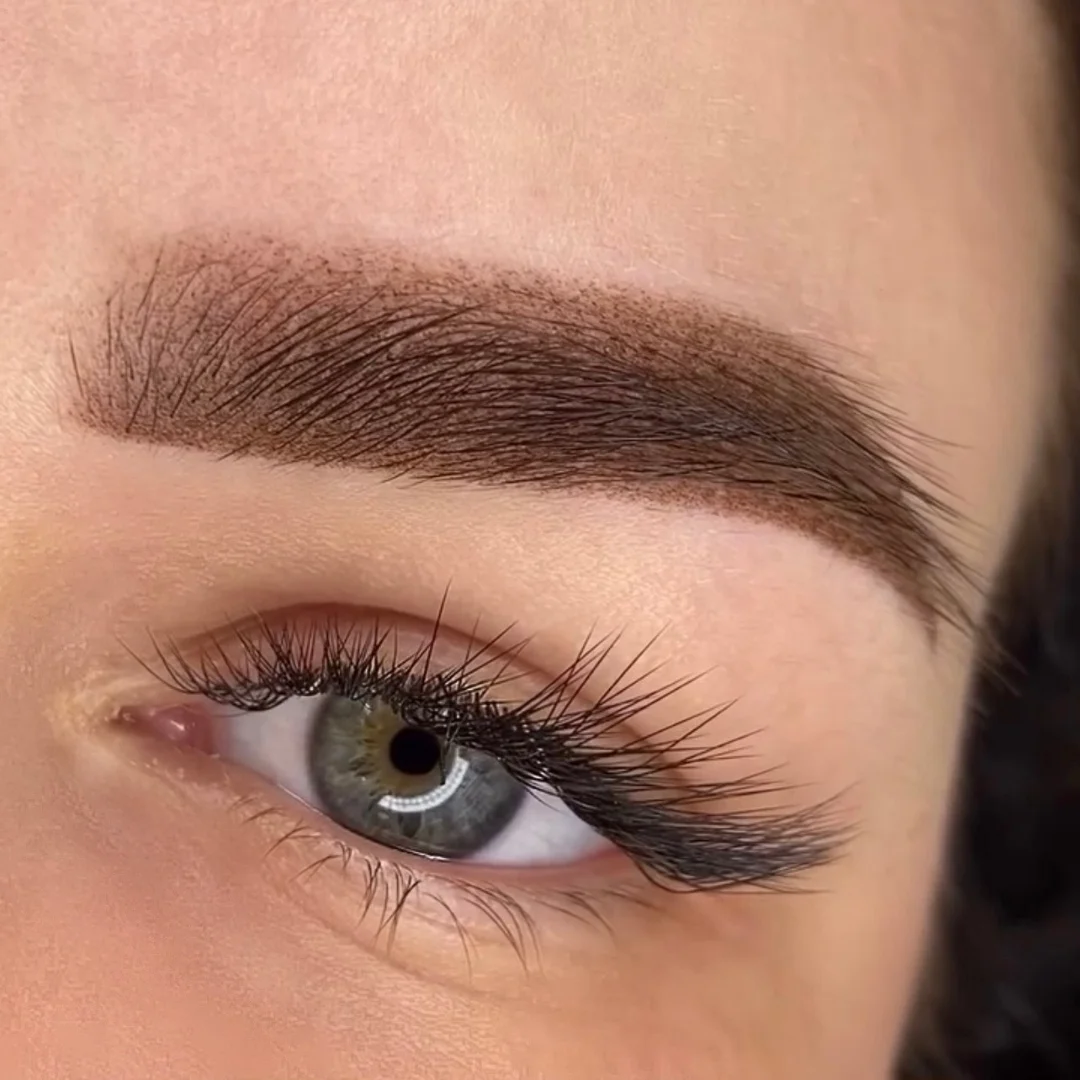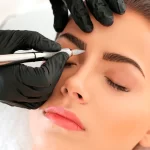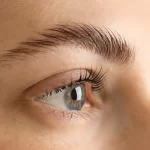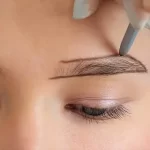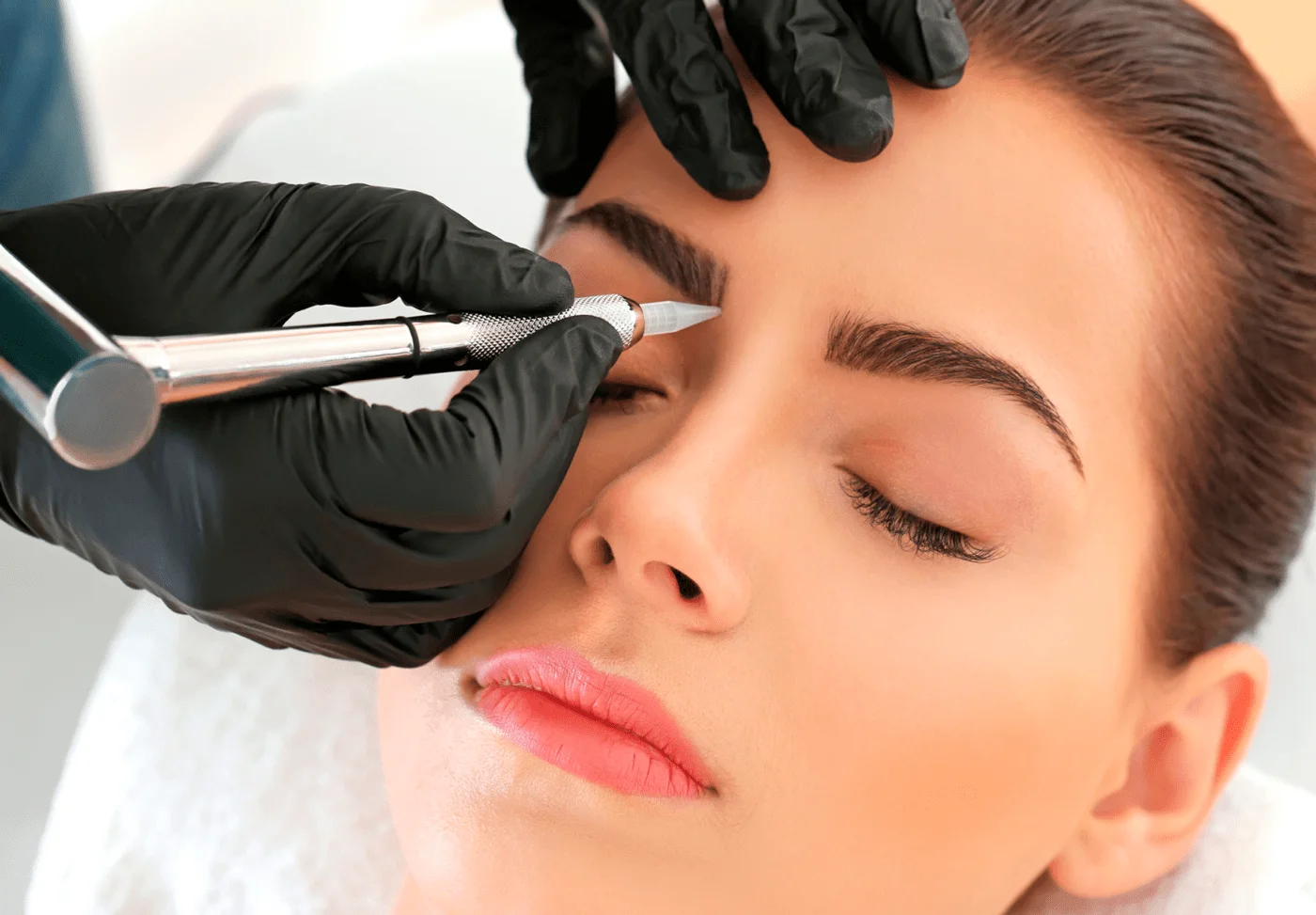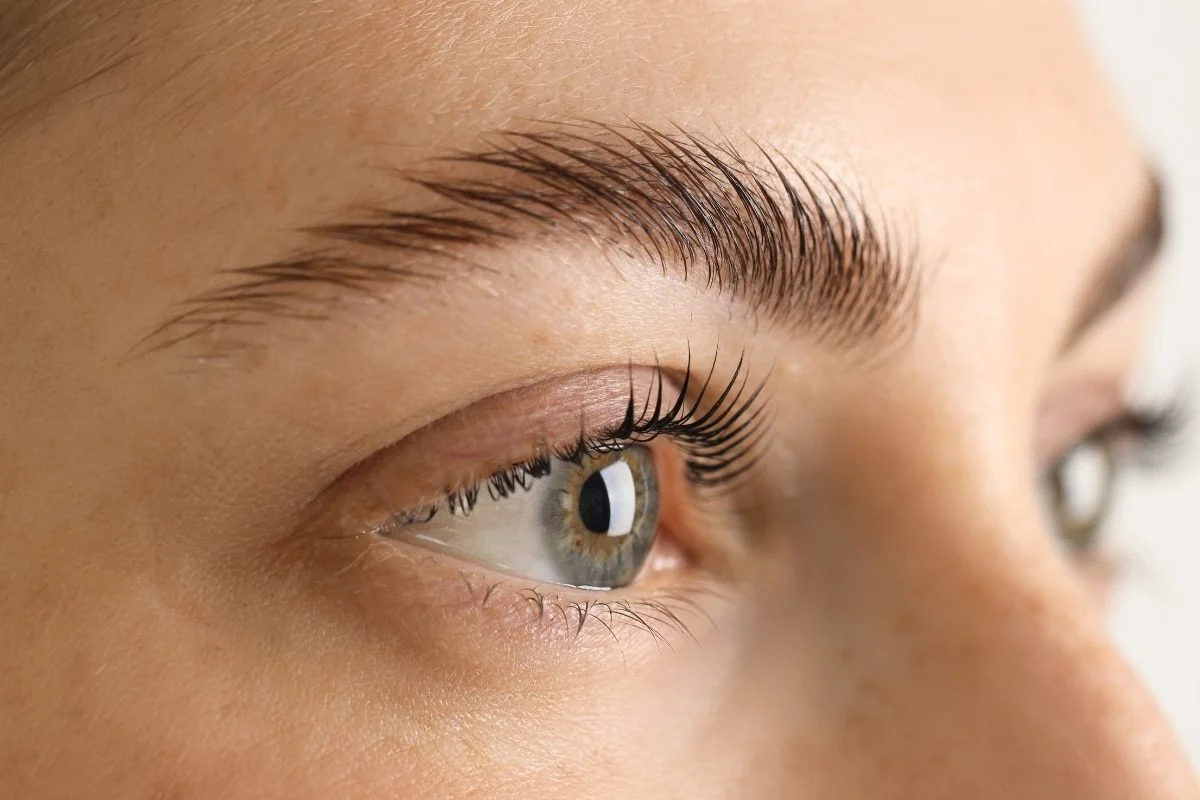Table of Contents
ToggleAt Kopelman Hair, we understand that patients often have concerns about treatment safety, especially when it comes to sensitive health conditions. Questions about minoxidil side effects in cancer are common, and it is important to separate facts from misconceptions.
Minoxidil is widely used to treat hair loss, but patients want clear answers about whether it is linked to cancer. Current research does not show strong evidence that minoxidil directly causes cancer, though the effects of minoxidil can vary depending on dosage and patient health.
In this article, we review the evidence, outline risks, and share safe practices, guided by Dr. Kopelman’s expertise in hair restoration.
Key Takeaways
- Current evidence does not show that minoxidil causes cancer, and studies in breast cancer survivors found low-dose oral use to be safe.
- Side effects vary by form, with oral minoxidil sometimes causing mild heart-related side effects, while topical and spray forms mainly cause local scalp irritation.
- Doctors monitor blood pressure, heart rate, and medication interactions when prescribing minoxidil to patients with a history of cancer.
- Breast cancer survivors with persistent hair loss after treatment may benefit from minoxidil, which has been shown to regrow hair in most patients, but medical guidance is essential before starting therapy.
- Most side effects are temporary or manageable, and alternatives like PRP or hair transplant surgery can help patients combat their hair loss without daily medication.
Minoxidil and Cancer Risk
Can minoxidil cause cancer?
Based on current evidence, there is no proven link between minoxidil use and cancer. Some animal research suggested risks at very high doses, but these results have not been replicated in people.
Regulatory agencies such as the FDA classify minoxidil as safe when used at recommended doses. Long-term monitoring supports its safety, and patients can feel reassured that typical use does not pose a known cancer risk.
Does minoxidil cause cancer in men?
Current research does not support this. Monitoring has not shown higher cancer rates among male users.
Men may still experience typical side effects like irritation, but not cancer-related outcomes. Dr. Kopelman emphasizes that men should focus on expected side effects rather than cancer concerns.
Can minoxidil cause brain cancer?
Some worry about brain cancer. Studies do not show a connection between minoxidil and brain tumors. At recommended doses, the drug does not accumulate in brain tissue at concerning levels.
These concerns usually stem from misinterpreted early lab findings, not human evidence. Patients can feel reassured about safety when using minoxidil as directed.
Is minoxidil safe for cancer patients?
Minoxidil is generally considered safe for cancer patients once active cancer treatment is complete, and current evidence does not show that it worsens cancer outcomes. Safety depends on individual factors, including the type of cancer and ongoing therapies.
During chemotherapy or radiation, doctors often advise against starting minoxidil because hair loss may be temporary. Once cancer treatment is finished, many patients can use minoxidil safely under medical supervision. Consulting an oncologist ensures the treatment fits each patient’s health status.
Minoxidil during breast cancer recovery
Some breast cancer survivors have lasting hair thinning after chemotherapy. A study in women at NYU Langone found that low doses of oral minoxidil helped regrow hair without increasing recurrence.
Doctors usually tailor treatment to each case, considering cancer type, therapy, and timing. For many, minoxidil becomes an option only after therapy ends.
Side Effects by Form of Minoxidil
Oral minoxidil side effects
Oral minoxidil, prescribed at low doses, can cause fluid retention, dizziness, or changes in blood pressure. These effects are dose-related and closely monitored by doctors.
Since minoxidil dilates blood vessels, patients with cardiovascular issues may be more sensitive. Monitoring is especially important for those with a history of heart-related side effects.
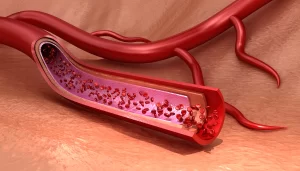
Topical minoxidil side effects
Topical minoxidil is the most common form. Side effects include redness, itching, or mild flaking, which are usually temporary and improve with adjustments.
Because absorption is limited, it is often considered safer for patients with complex health conditions. Doctors may recommend topical use to minimize risk.
Minoxidil spray side effects
Spray formulations may cause irritation or dryness. Correct application, such as avoiding contact with the face or neck, reduces this risk.
Sprays can be more convenient, but the results are similar to foam or liquid solutions. Doctors may suggest them for easier use.
Other Common Side Effects
Minoxidil side effects in women
Women may notice unwanted facial hair if medication spreads beyond the scalp. Irritation and shedding are also common but usually temporary.
Lower-dose formulations balance effectiveness with reduced risk. Medical supervision ensures correct dosing.
Scalp irritation and shedding
Irritation may appear as redness, dryness, or itching. Shedding often occurs in the first months as weaker hairs fall out before regrowth.
Shedding is expected and often signals that stronger hair is entering growth. Patients are encouraged to continue use.
Blood pressure and heart effects
Because minoxidil was first developed for blood pressure, some absorption may affect circulation. Rare side effects include dizziness or chest pain, shortness of breath, or fluid buildup, which should be evaluated immediately.
Patients with existing conditions or prior mild heart-related side problems should discuss risks before starting treatment.
Can minoxidil cause long-term health issues?
There is no strong evidence that minoxidil causes long-term health problems. Most side effects appear early and stabilize with continued use.
Doctors often consider age, race, and past medical history, along with details of other medications and additional demographic factors, before recommending long-term use.
What doctors monitor in cancer patients using minoxidil
When prescribing minoxidil to cancer patients, doctors often check:
- Blood pressure over time.
- Heart rate and possible fluid retention.
- Interactions with other medications.
Monitoring ensures safe use and early detection of side effects. For survivors, follow-ups confirm that minoxidil does not interfere with ongoing care.
Real-world patient context
For breast cancer survivors with ongoing thinning, low-dose minoxidil can help. Clinical experience shows that many patients tolerate treatment well when monitored by specialists.
Dr. Kopelman highlights that treatment should always balance cosmetic goals with overall health.
Managing Risks and Safe Use
How to prevent minoxidil side effects?
Patients can reduce risks by:
- Using the dose recommended by a doctor.
- Applying only to the scalp.
- Washing hands after use.
- Avoid irritated or broken skin.
Following these steps keeps side effects minimal.
When to talk to a doctor
Consult a doctor if you experience:
- Severe scalp irritation.
- Unusual swelling or weight gain.
- Persistent dizziness or chest discomfort.
- Concerns about interactions with treatment.
Doctors help decide if treatment should continue, be adjusted, or stopped.
Alternatives if you’re concerned
Alternatives include platelet-rich plasma therapy, hair transplant surgery, or low-level laser therapy.
At Kopelman Hair, Dr. Kopelman often evaluates these options for patients seeking long-term results to combat their hair loss without daily medication.
Research on Minoxidil and Cancer
Human clinical research
A 2022 study published in JAAD International reviewed 25 breast cancer survivors using low-dose oral minoxidil. Most showed visible regrowth, with no increase in cancer recurrence.
NYU Langone and Ecancer also reported that low doses could regrow hair in most patients safely, especially in women post-treatment. While results are encouraging, studies remain small and short-term.
Animal studies and lab data
Some older animal studies raised concerns at extremely high doses. These do not reflect real-world human use, where doses are far lower.
Limitations include short study duration and small groups. More research is needed to confirm long-term safety in survivors.
Final Thoughts
Minoxidil is a safe and effective option for hair loss when used properly. Concerns about minoxidil side effects in cancer are not supported by strong human evidence, though cancer patients should seek medical guidance.
With support from experts like Dr. Kopelman, patients can make informed choices about hair restoration. To learn more, schedule an appointment with Kopelman Hair and receive personalized advice tailored to your needs.



